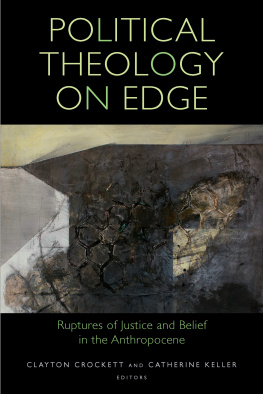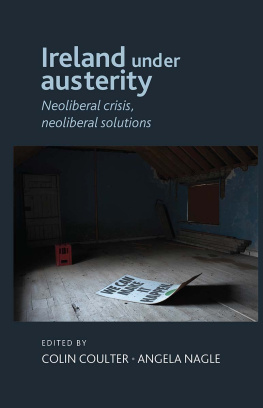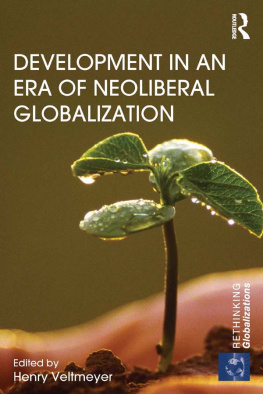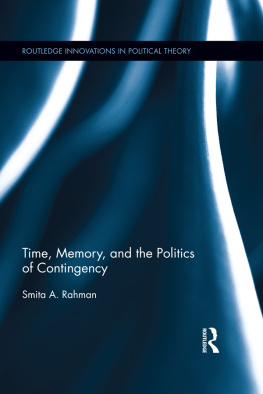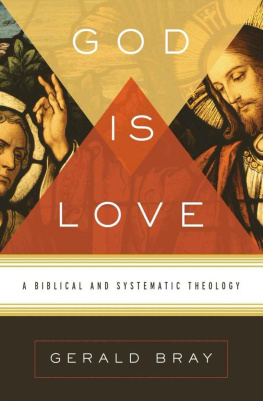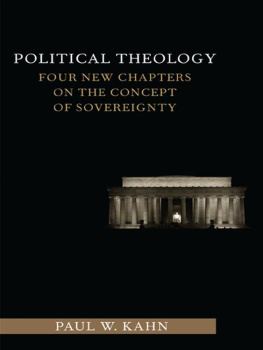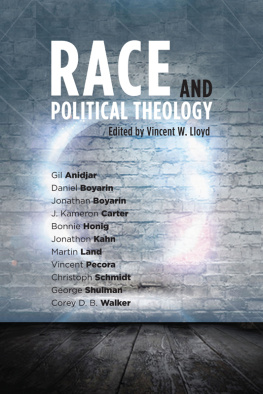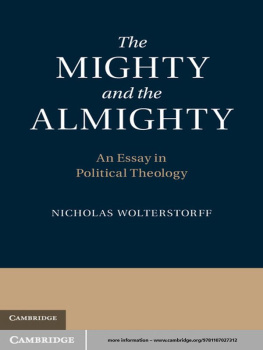CONTENTS
Guide
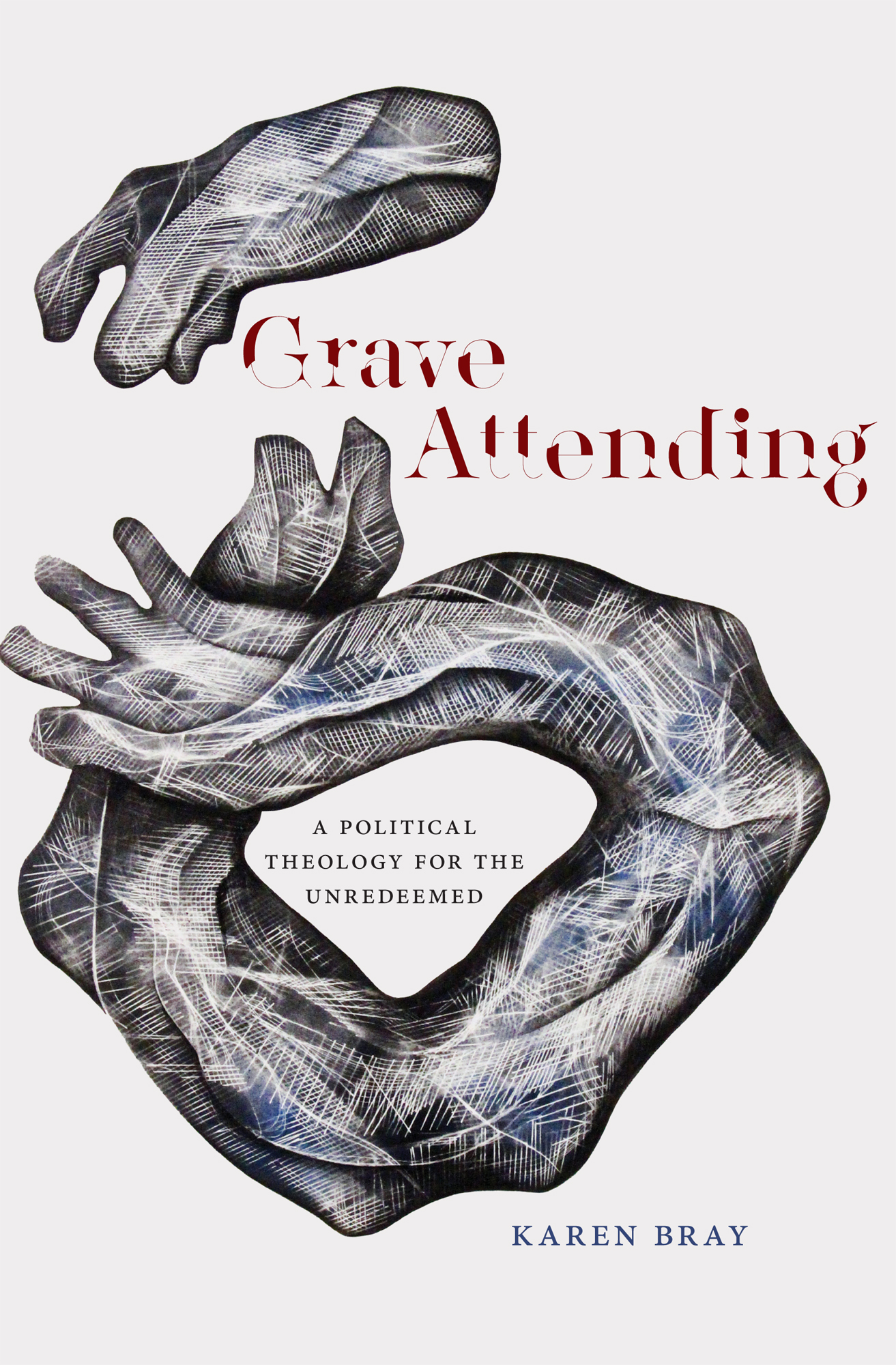
GRAVE ATTENDING
Grave Attending
A POLITICAL THEOLOGY FOR THE UNREDEEMED
KAREN BRAY
FORDHAM UNIVERSITY PRESS
New York 2020
Copyright 2020 Fordham University Press
All rights reserved. No part of this publication may be reproduced, stored in a retrieval system, or transmitted in any form or by any meanselectronic, mechanical, photocopy, recording, or any otherexcept for brief quotations in printed reviews, without the prior permission of the publisher.
Fordham University Press has no responsibility for the persistence or accuracy of URLs for external or third-party Internet websites referred to in this publication and does not guarantee that any content on such websites is, or will remain, accurate or appropriate.
Fordham University Press also publishes its books in a variety of electronic formats. Some content that appears in print may not be available in electronic books.
Visit us online at www.fordhampress.com.
Library of Congress Cataloging-in-Publication Data available online at https://catalog.loc.gov.
Printed in the United States of America
22 21 20 5 4 3 2 1
First edition
In memory of Julia Deedee Agee Sprecher.
For Jackie, David, and Sean.
And for all those who, having attended
to a world on fire, were blamed as the match
instead of credited as the alarm.
CONTENTS
GRAVE ATTENDING
Scene One: The Moment
Im exhausted.
Whats that? I shout from Maries pre-fab kitchen, where Ive been making tea and sandwiches.
Im exhausted! Marie, a friend in the beginning stages of dementia, says, half-hollering, half-sighing.
Oh yes, sure, why dont you take a nap, we can eat later.
Im not tired, Im exhausted. This is exhausting.
When I finally reach Maries side she is looking at the social media site Facebook. It is the summer of 2016, and she has been scrolling through both Democratic and Republican political attacks. While Maries cogency of mind has begun to wane, her visceral awareness of the moods behind what she reads and what is said around her has amplified. She trembles more forcefully when there is a tone of anger in the conversation; she weeps more quickly at a touching moment. The breakdown of mind and the breaking open of mood have been simultaneously illuminating and heart-wrenching.
Yes, Marie, Im exhausted too.
One might have expected a scholar of affect employing the critical study of emotion to political theology to have found the intensity of moodiness that percolated to the surface in the early months of 2016 exhilarating. As we inched closer to November, 2016 had turned out to be a particularly poignant political moment in which the race for the presidency showed us not only what the American people had been thinking, but much more so what we had been feeling. One might expect a sense of excitement at the fertile ground for a political theology engaged with affect such a prevailing mood had laid bare. But I, like Marie, did not feel exhilarated; quite frankly and unceasingly, I felt exhausted.
I continue to feel worn down by the well of resentment and the accompanying abhorrent policy decisions tapped into and perpetrated by Donald Trump. I cry over the explosive anger fueled by white rage and heteropatriarchal angstemotions whose embers have been, for decades, stoked by right-wing pundits, Tea Party candidates, fundamentalist religious thought, and neoliberal corporate managers, but whose blaze has now been finally set free by Trump. Such political moodiness, however, began long before any of the candidates declared their intention to run. Forces of public feeling, those that I found exhilarating rather than exhausting, had already taken hold as what some have called the New Civil Rights Movementa movement animated by such demands as Black Lives Matter and Say Her Nameand spread across the country.
A week after Michael Brown, an unarmed black teenager, was murdered by police officer Darren Wilson in Ferguson, Missouri, I find an Obama Hope postcard in a desk drawer, the contents of which I am purging to make room for a new semesters worth of ephemera. The iconic off-white, blue, and red image created by street artist Shepard Fairey during the 2008 U.S. presidential campaign strikes me, strikes at me, and stirs in me a particularly potent melancholy. What has happened to the hope? Or, more precisely, what might this potentially feel-good politics have been covering over, which the epidemic killing of black people by arms of a state have now revealed to those of us privileged enough to be out of the line of fire? Might the prevailing moods taking hold in both police brutality and the march of resistance against such brutality mark how this hope has not been fulfilled?
My sense of melancholy on that day was not, I would argue, a rejection of hope, but rather the insistence that it remains possible only if we let other emotionsthose of grief, rage, depression, and anxietyflood the streets as reminders of how much farther we still have to go on the way to a promised land and, more crucially, how much we might have to question altogether just what is being promised and where and when it should be found.
The emotional difference between the mood captured by the Obama Hope poster and that revealed in the lyrics of Lauryn Hills song Black Rage is not insignificant. The song is sung to the melody of My Favorite Things from The Sound of Music and includes these excerpted lines:
Black rage is founded on blatant denial/sweet economics, subsistent survival, deafening silence and social control, black rage is founded in all forms in the soul
Victims of violence/Both psyche and body/Life out of context is living ungodly
Try if you must but you cant have my soul/Black rage is founded on ungodly control/So when the dog bites/And the beatings/And Im feeling so sad/I simply remember all these kinds of things/And then I dont feel so bad.
Black rage, as expressed in this song, embodies what Sara Ahmed has called the political freedom to be unhappy. It is a call, a lamentone that should provoke us to ask not why Hill isnt more hopeful, but rather what her mood, her black rage, might tell us about being forced to live a life out of contextone faced with blatant denial.
I played Black Rage for my students on the first day of a 2014 course on affect theory. The course began less than three weeks after Michael Browns murder. For many of my students the mood of the song concluded the first day of their first college course. The deep tie between feeling and fearing so bad set the tone and defined, or rather reflected the atmosphere in which we would come to critically engage the study of affect and what such a study might reveal about how we have been affected by political moods and their emotional and ontological cultivation. Our collective study of affect began with the mood of lament overand so hope forblack lives, because lament against injustice and its concomitant hope for justice are where the affective and the ethical most clearly intersect. At these moody intersectionsthose where lament and (a perhaps moody) hope meeta political theology that is attendant to the prevailing mood of the moment and the temporal, emotional, and value shifts that might arise in resisting violence to both psyche and body is birthed.
This is a book about what it would mean to be a bit moody in the midst of being theological and political. Its framing assumption is that neoliberal economics relies on narratives in which not being in the right mood means a cursed existence. Its opening provocation is a diagnosis of a soteriological and theological impulse in neoliberalism that demands we be productive, efficient, happy, and flexible in order to be of worth and therefore get saved out of the wretched experience of having been marked as worthless. The theological underpinnings of neoliberalism offer a caged freedom in the guise of opportunity. Hence, I offer a critique of such redemptive narratives through constructions of what it might look and feel like to go unredeemed. To go willfully unredeemed might be to stick with those whom neoliberalism has already marked as irredeemable. In attending to what it is to be materially and affectually unredeemed, it is my hope that new theological and political landscapes of becoming together differently might be surfaced. At its core, this book attempts to construct a political theology attendant to moody and material life. It offers affect theory as a hermeneutical lens from which to reread contemporary political and postmodern theologies. It does not offer a definitive account of religion and affect. Nor does it propose a solution to all the ills within and troubled by political theology. Rather, it asks what new questions, insights, sources, and modes of doing political theology arise when we take affects, most particularly the moods of the unredeemed, seriously.


